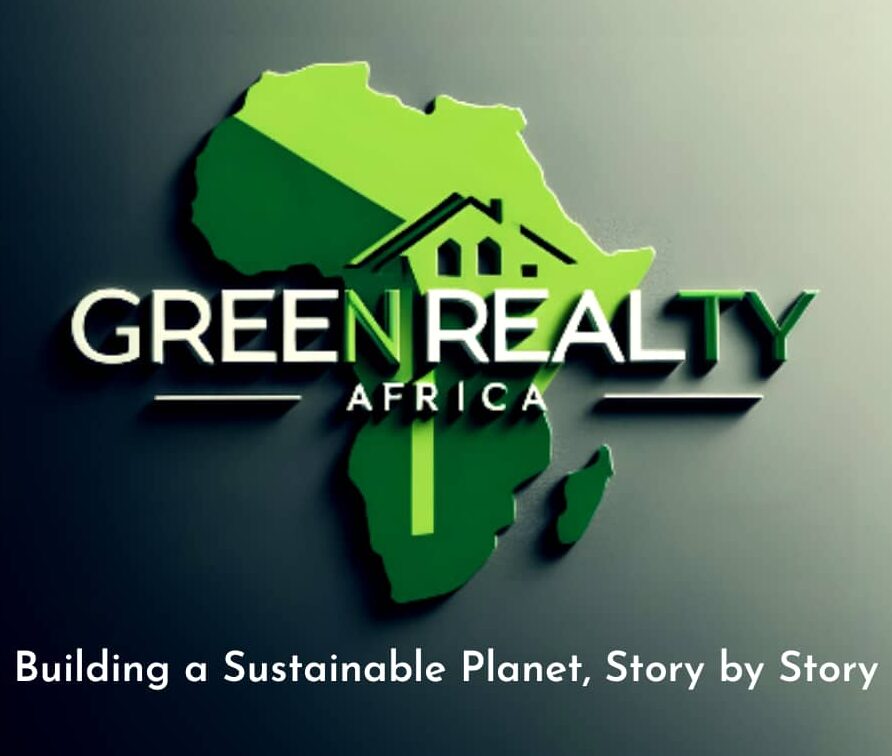PwC’s global sustainability Survey
It is no longer news that the world is now a place where money and the planet are tied together. PwC’s new global sustainability reporting survey ( a sustainability report is a document where a company explains how its activities affect the environment, society, and the economy) has sent a powerful message.
The survey shows that 95% of the world’s top companies now publish sustainability reports. This marks a sharp rise compared to previous years. But beyond the figures, the question for Nigeria and Africa is simple: what does this shift mean for real estate, for the climate, and for the wider economy?
The truth is, sustainability reporting is no longer just paperwork. It is becoming the foundation on which investors, regulators, and global markets judge entire economies. For a country like Nigeria, still battling with energy poverty, rising urbanisation, and unstable real estate regulations, the findings of PwC’s survey tell a bigger story about opportunity and risk.
Frontview of Global sustainability reporting matters on real estate
Real estate is no longer only about land, bricks, and concrete. Across the world, buildings are now measured by their carbon footprints and environmental impact. If 95% of global firms are already reporting sustainability metrics, it means future investments in Nigeria’s real estate will be tied to climate-conscious standards.
Developers who ignore energy efficiency, green certification, and transparent building practices risk being left out of international funding flows. Investors, especially those from abroad, will demand ESG-compliant projects before committing their money. For Nigeria’s housing sector, where demand is booming but trust is low, this shift could either rebuild confidence or widen the gap between modern estates and informal settlements.
The climate story hidden inside the data
Sustainability reports are not just for investors. They also shape how governments take climate action. For Africa, where floods, desertification, and heat waves threaten millions, the surge in global sustainability reporting is a signal. It shows that climate responsibility is no longer optional.
Nigeria, which contributes little to global emissions but suffers deeply from climate shocks, cannot afford to lag. If real estate developers adopt climate-friendly building designs, it will reduce the country’s carbon pressure while protecting communities from disasters. However, if policymakers continue to treat ESG as a foreign luxury, then rising global standards may lock Nigerian projects out of critical climate finance.
The Wider economic ripple effects
The broader economy cannot escape this conversation. Sustainability reporting builds trust, and trust drives capital. For Nigeria, where foreign direct investment has slowed, aligning with global ESG expectations could open new doors. Infrastructure projects, renewable energy investments, and even cross-border trade will soon depend on sustainability disclosures.
For Africa’s largest economy, ignoring these signals means higher borrowing costs, reduced competitiveness, and missed opportunities. On the flip side, embracing them could boost job creation, attract diaspora investments, and give the real estate sector a fresh edge. In short, PwC’s report is not just about what companies abroad are doing—it is about how economies like Nigeria’s must adapt or risk being sidelined.
Related News
Nigeria’s Real Estate at a Crossroads: Why Ethics Could Make or Break the Market
Lagos Demolition Sparks Outcry at Trade Fair Complex
Niger Flooding Real Estate Crisis: Lives Lost, Futures Drowned
Conclusion
Sustainability has become the new currency of credibility. Real estate players, climate policymakers, and financial leaders in Nigeria must realize that the world is watching, and reporting is the language of trust. The sooner Nigeria catches up, the stronger its position will be in the global marketplace.
As PwC’s Global Sustainability Reporting Survey makes clear, the race is already on. The only question is whether Nigeria will run with the pack or be left behind.

